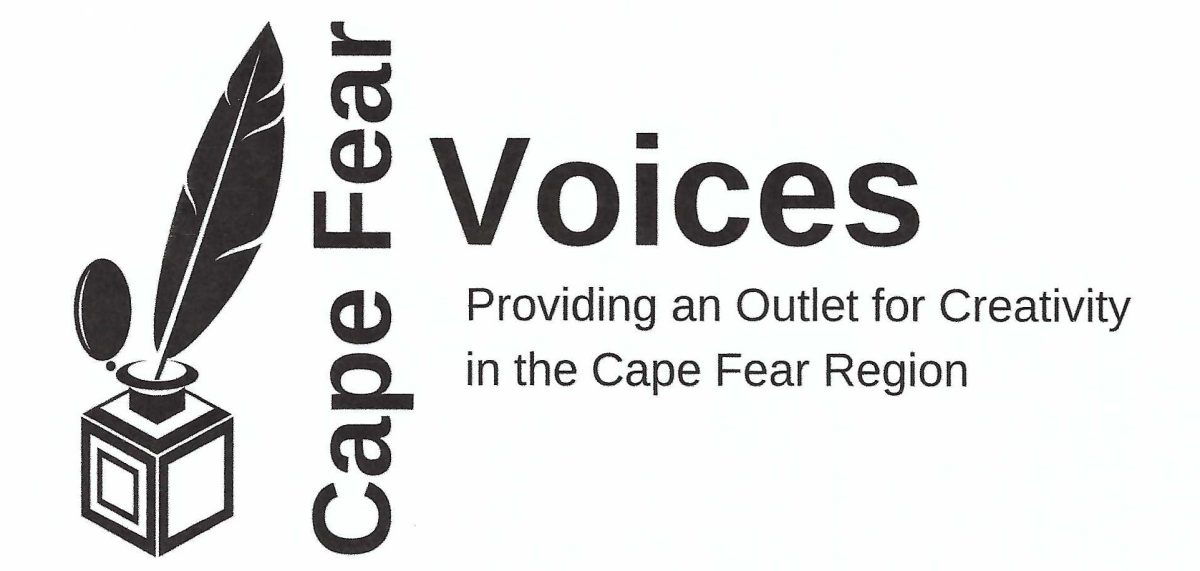In a year where a pandemic, civil unrest, and a change in leadership has occurred, there is one thing that many have forgotten – the homeless. Due to Covid, many people lost their jobs, which meant that homelessness skyrocketed. Issues related to Covid also may make it more difficult for policymakers to evaluate and address the whole scope of need in American cities. That could lead to lasting outcomes for America’s poor.
Every January, nationwide data is accumulated about people and households who are experiencing unsheltered homelessness. But the COVID-19 pandemic has delayed such information gathering this year. Tragically, the ones who have been pushed from their houses due to financial problems are likely to stay invisible in many communities.
Over the following four years, the fallout from the pandemic is anticipated to cause continual homelessness to climb 49% nationwide, according to Economic Roundtable, a California-based nonprofit city research organization. The analysis predicts that the homelessness disaster will peak in 2023, with a further 603,000 American adults without a stable roof over their heads.
On a given night, roughly 568,000 people in the United States are experiencing homelessness, according to a 2019 January report. Due to Covid-19, the numbers, as stated before, have gone up. The problem is, according to some experts, the information we need to address the issue is delayed. Let me repeat that vital information that our country needs is delayed. Even with some cities using last year’s
numbers and rounding them up accordingly, you have other cities like Seattle, Los Angeles, San Francisco, and San Diego who are fudging their numbers. Glad to know that when we all need to work together and be honest, some are having issues with that.
Other issues that face all shelters are lice, theft, violence, rats, and roaches. In many shelters, they allow you to stay for thirty days, but that does not mean you will be able to stay in the shelter the whole day. After those thirty days, you’ll be kicked out, no matter what it’s like out. Shelters aren’t safe either. They protect you from the elements, but not from each other or anything else that can crawl in. Some that are really underfunded are only good due to having a roof. People who have stayed in the worst of shelters say that they’d rather be on the street.
With everything that’s going on in the world currently, this is something that you need to remember. Now I’m sure that after reading this, you’re thinking about ways to help; one way is to drop off essential items such as food, clothing, and now masks. Another way is to spread awareness about shelters and to talk more about them.
















